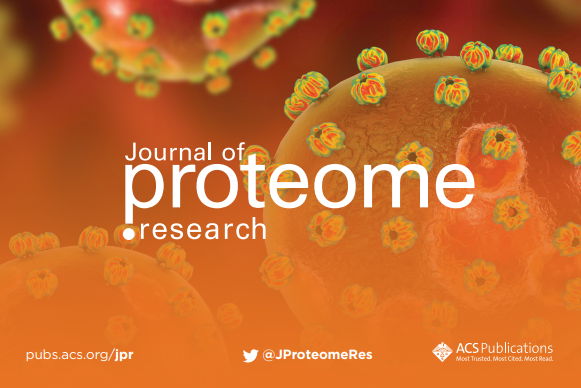Péter Horvatovich, University of Groningen, Netherlands
June 16-17, 2018
The 19th C-HPP Symposium/workshop organized by Fernando J. Corrales, Concha Gil and Young-Ki Paik was held in conjunction with the EuPA 2018 Congress with a scientific theme, “Translating Genome into Biological functions”. During this meeting, 13 Chromosome teams (Chr 2, 5, 6, 9, 11, 13, 14, 15, 16, 17, 18, X and Mt.) presented their progress on missing protein identification and uPE1 (PE1 proteins of unknown function) characterization. The workshop program started with an update of the Human Proteome Project (HPP Chair and Chr 17 PI, Gilbert Omenn), on neXt-CP50 initiative, (C-HPP Chair and Chr 13 PI, Young-Ki-Paik) and progress reports on each team according to neXt-MP50 teams, Bioinformatics teams, neXt-CP50 teams and Young Investigators. The final session was devoted to discussion on the C-HPP organization long-term plans.
Here are some highlights from the talks: Gilbert Omenn presented a new computational approach I-TASSER and COFACTOR algorithms to predict function of uPE1 proteins based on primary amino acid sequence. The talk presented predicted gene ontology-based functions of biological, molecular processes and cellular component of 66 uPE1 of Chromosome 17. A new challenge termed neXt-CP50, which aims to characterize at least 50 uPE1s in 3 years, and subsequent long-term plans with experimental strategies on uPE1s were presented and discussed by Young-Ki Paik. Jong Shin Yoo from chromosome 11 team presented and discussed a next generation proteomics pipeline to identify missing proteins (MPs) and protein sequence variants such alternative splicing and single amino acid variants in proteomics datasets. His group identified multiple MPs, splice junctions and single amino acid variant peptides in human brain tissue using deep proteomics and LC-MS/MS with ETD & CID fragmentation. Charles Pineau from chromosome 14 gave an update status on identification of missing proteins from human sperm and build of Human sperm proteome database in collaboration with MASSIVE. He also discussed the contribution of Epididymis proteome to the detection of MPs. Lydie Lane from chromosome 2 showed earlier uPE1 works on zebrafish and human cells. In particular she presented the characterization of enzymes such as APIP, involved in the methionine salvage pathway, mitochondrial proteins such as C11orf82, and developmental proteins such as C2orf62. Elena Ponomarenko and Ekaterina Ilgisonis from chromosome 18 team presented bioinformatics strategies including text mining in PubMed and protein-protein interaction (STRING) databases. Several options for reorganization of the C-HPP were presented and extensively discussed that included continuing a selected chromosome approach by only the currently active chromosome teams, plus the addition of new teams dedicated for bioinformatics/annotation teams, targeted MP stalking, identification of whole families of proteins in a chromosome agnostic manner and in protein – protein interaction data from large scale BioID and similar studies in human cells. The materials presented in this meeting will be available at C-HPP Wiki as soon as consent from the authors is received. More highlights from this meeting will also be presented in the C-HPP section of HUPOST in August 2018.


.png)